President Abdelmadjid Tebboune has officially announced his candidacy for a second term during his periodic interview with the national media. This decision comes after a first term marked by significant economic and political reforms.
« At the request of several parties, organizations, and the youth, I am running for a second term as permitted by the Constitution. The final word will rest with the Algerian people, » President Tebboune declared.
Refraining from reviewing his actions due to his new status as a candidate, Tebboune preferred to leave the task to those who have the right, namely the citizens and the media.
Regarding the assessment of his first term, it is worth recalling some achievements obtained during his first mandate, which will end on September 7, 2024.
We can mention the economic recovery experienced by the country, where « state revenues have increased and the treasury bleeding is a thing of the past, » as the President emphasized, citing the recovery of billions of dollars in embezzled funds.
Concerning the strengthening of the rule of law, President Tebboune affirmed that « the Algerian citizen today enjoys all their rights and fulfills their duties. » In terms of fighting corruption, significant efforts have been made to clean up the management of public affairs. A review of the actions taken during President Abdelmadjid Tebboune’s first term allows, according to experts, to draw a positive economic balance despite the challenges posed by the Covid-19 pandemic and the war in Ukraine.
The main achievements include the economic growth recorded during this first term, notably the significant increase in GDP in 2023, the diversification of the economy through the promotion of the digital economy and support for startups, the reform of the banking system, the revival of major infrastructure projects such as railways, mines, seawater desalination, free zone projects, as well as roads linking Algeria to Africa, such as the road connecting Tindouf to Zouirat in Mauritania, and finally the development of agriculture and industry.
It is also worth mentioning the improvement of the investment framework with new tax incentives such as the removal of the TAP and the establishment of a more favorable regulatory framework for foreign investments. The rebalancing of the trade balance through strategic import regulation and the increase of non-hydrocarbon exports, as well as the emergence of a more efficient local production network, should also be noted.
In terms of fighting inflation, mechanisms were put in place to contain inflation at 7-8% in 2023. Measures were taken to protect purchasing power and market regulation mechanisms to control prices.
Regarding adapted monetary policy and salary increases, the Algerian citizen experienced an improvement in the standard of living through a 34% increase in per capita GDP between 2020 and 2023, the increase in civil servant salaries, retirement pensions, and minimum social benefits. Efforts were made to employ young people, notably by creating the status of self-employed and strengthening links between universities and companies.
On the diplomatic front, Algeria has experienced international influence, successfully consolidating its position on the international scene and organizing major events such as the Gas Summit and the Arab Summit in Algiers.
These achievements place Algeria on a promising growth trajectory, with the ambition of becoming one of the leading African economies by 2030.


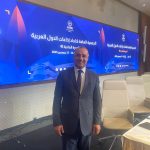

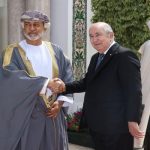
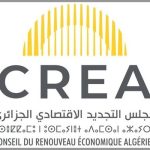
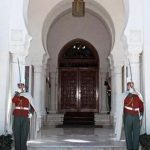
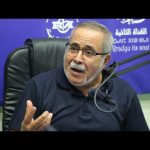
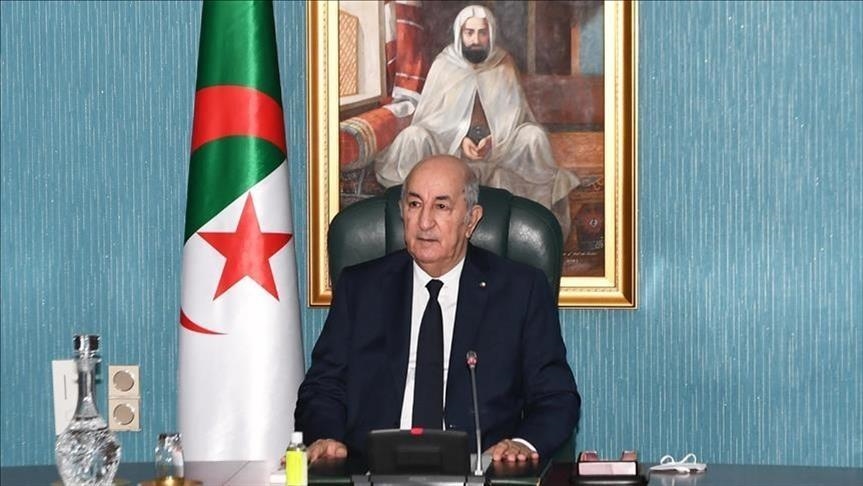
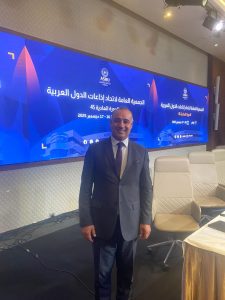

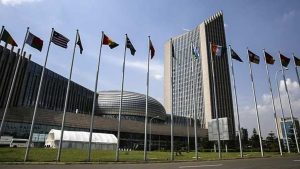
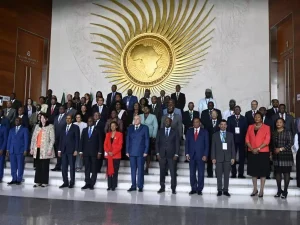
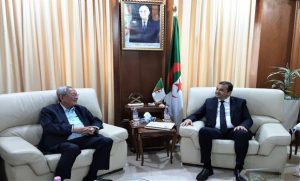
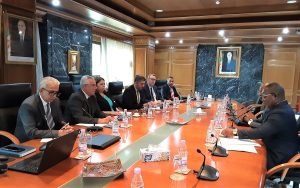
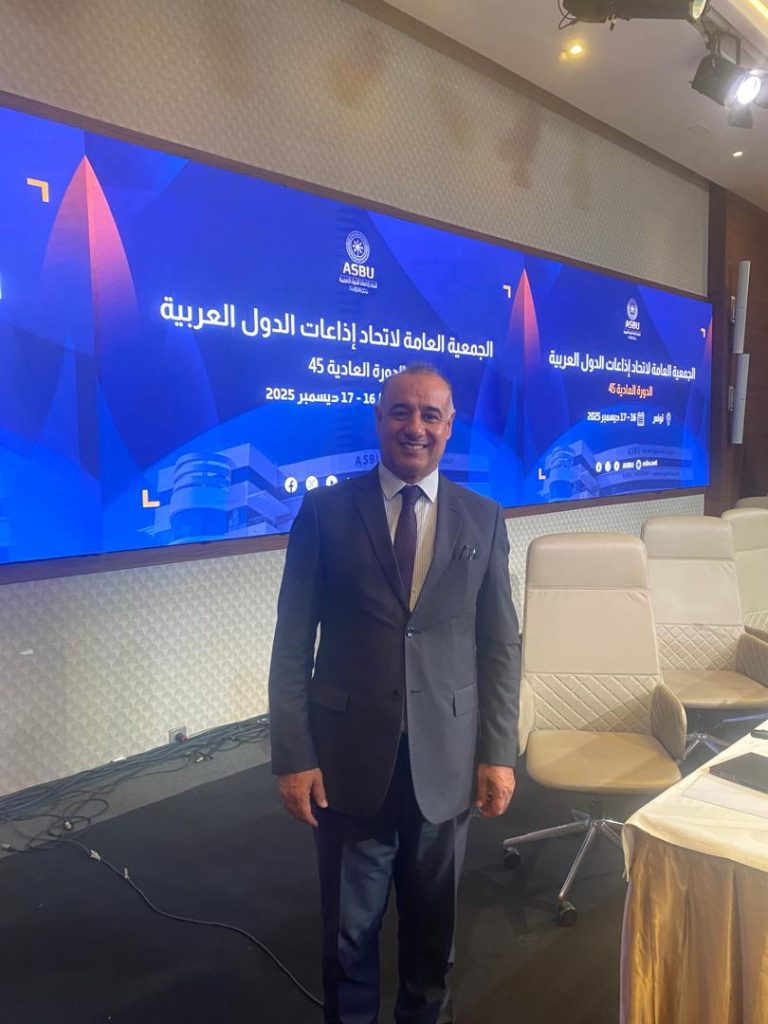

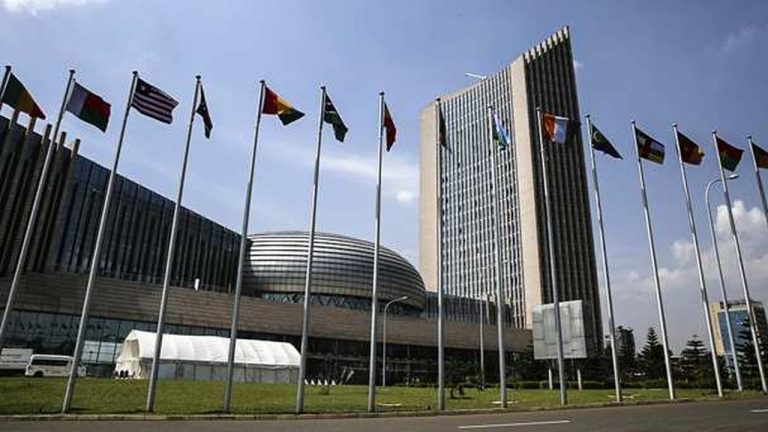
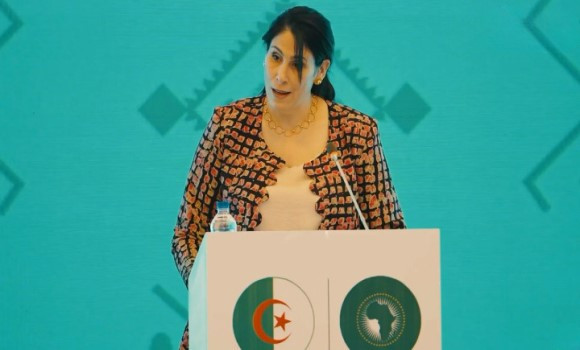
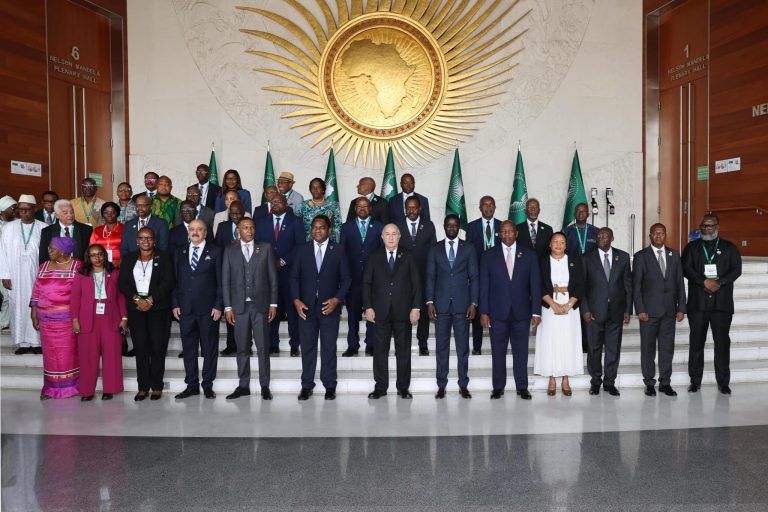
+ There are no comments
Add yours